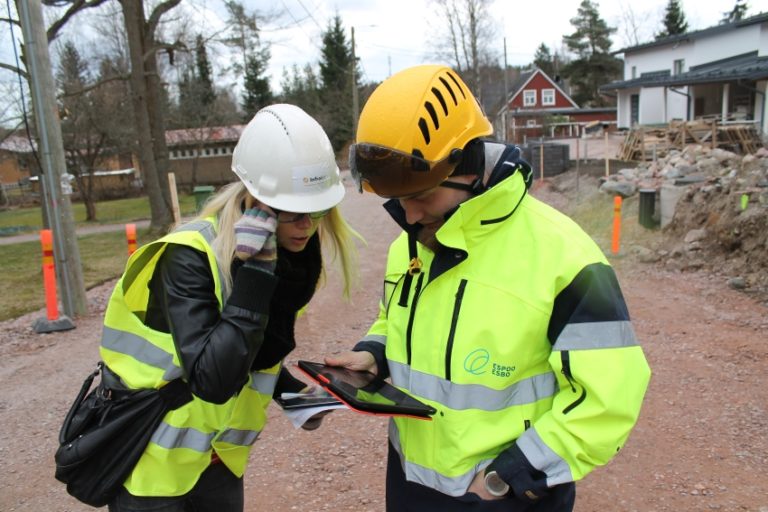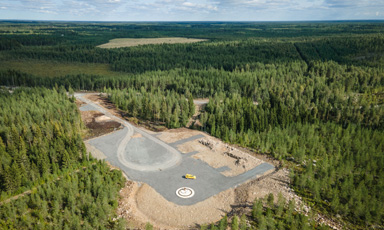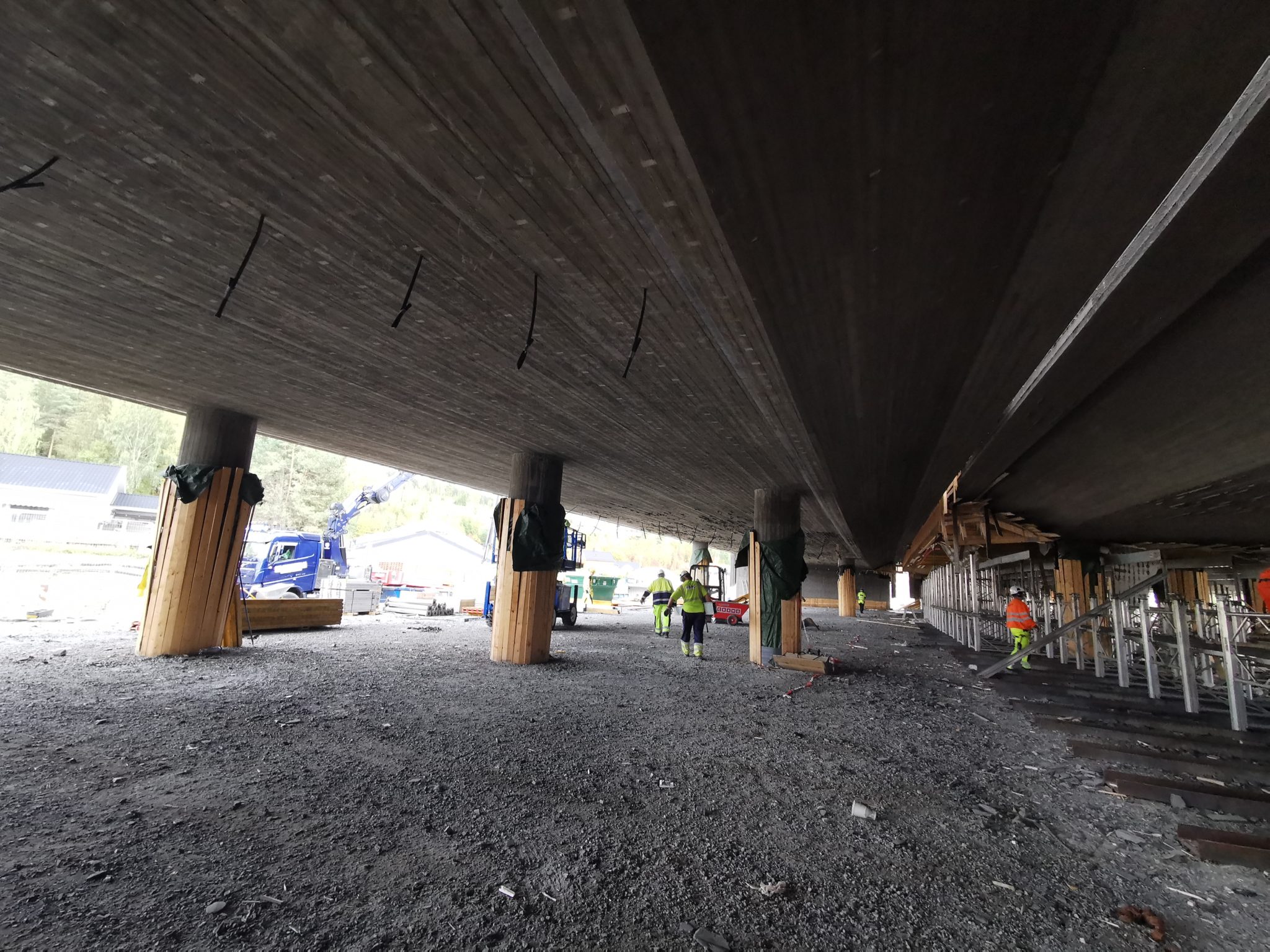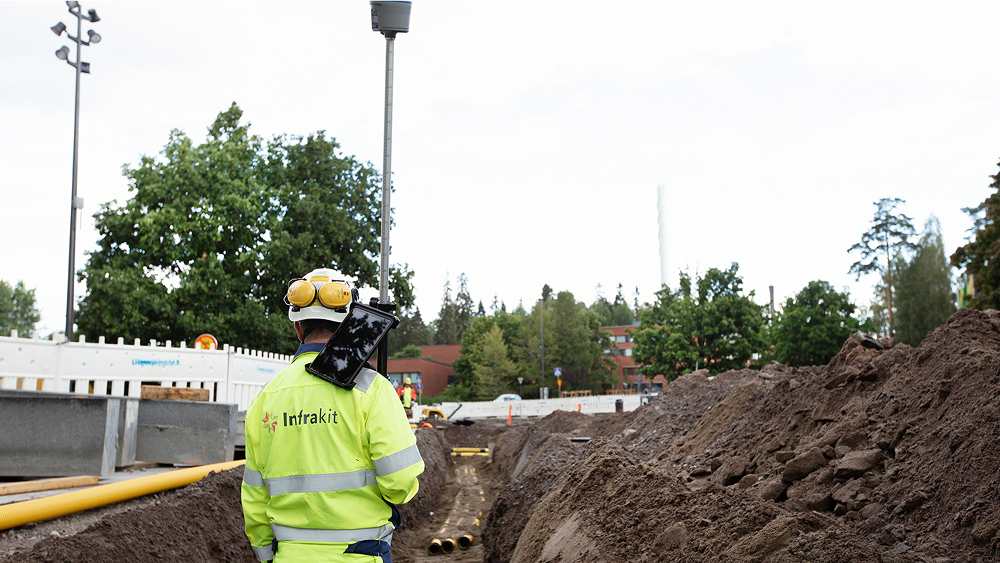Recruiting Talented Developers – Interview with our VP of Engineering Sakari Maaranen
It is quite often said that IT recruitment and attracting right talent can be a challenge, especially with more experienced developers. I interviewed our Vice President of Engineering, Sakari Maaranen, about IT recruitment. We also discussed some specific needs developers might have, and organisation culture in general.
 “Sakari, how long have you been in R&D?”
“Sakari, how long have you been in R&D?”
“I started my own trade name when I was 19 years old, before registering my trade name in 1996 while studying at Lappeenranta University of Technology. I have been in the business for 26 years. We started a company few years after that with ten fellow students. At that time Sonera was looking for developers and we got into bigger projects. Our network started to expand. My professional network has been developing ever since, and I have had the pleasure of meeting great, trustworthy people along the way. But I have to say, when you find those kind of people you want to hold on to them because you do not stumble upon them easily.”
“What was the developer recruitment like back then?”
“I worked as a consultant for several years back in 2010’s. Nowadays the systems are more specialized, there are more frequent technological changes. And more people entering the field of development. If before you got 60 applications, nowadays you get 160 applications. The recruitment services have also developed, and there are more channels for recruitment.”
“How do you find and recruit great developers?”
“I guess you just kind of have to know them. Of course, you can do things to attract great talent, but networking, participating in developer events and communities is the key. Guru level developers do not really need to search for jobs. Those who you can fully trust with systems architecture are few and far between, too.”
Guru level developers do not really need to search for jobs.
“This is a quite simplifying question, but what do you think developers appreciate in a work setting?”
“The opportunity to use state-of-the-art technology – The best ones want to do some epic, new and disruptive stuff. You cannot really do that with old software. Naturally, decent office facilities are a must, too. It is nice to know that employees are taken care of and there are some refreshments in the fridge, for example. But at the end of the day, when these things are taken care of, including competitive salary, the freedom and opportunity to work towards something bigger and completely different is the key to best developers in the market – at least that is the case with the ones I know and the ones I am working with. The whole team needs to be future oriented and willing to learn something new every day.”
– the freedom and opportunity to work towards something bigger and completely different is the key to best developers in the market –
“What makes Infrakit special is the freedom you have concerning your own work, and individuality. Your own impact is bigger, and here people are treated as individuals. The working hours are flexible, and nobody is micromanaging. We work based on certain themes. We have also certain perks – and competitive salaries”.
What makes Infrakit special is the freedom you have concerning your own work, and individuality. Your own impact is bigger, and here people are treated as individuals.
“How do you perceive the IT recruitment market at the moment, and where is it headed?”
“When you need someone for support or some entry level job, you can find the candidates. When you are developing new software and need the key people for it – that is trickier. In general, when you already have systems up and running it is easier to find people for various roles, but at the same time you will need people who can acquire the skills while doing things for the first time.”
“If you search guru level developers outside of your own network, there are of course certain invitation only events, fairs, open source communities, and other places where you need to attend to. I would say that advertising is not the way to do it but organizing and participating in these events and in open source development. Also being part of universities’ computing etc. associations is important, also sponsoring some events,” Maaranen sums up.
“What do you value in co-workers, team members and subordinates?”
“I value proactive people, who know how science is made. Software development does not work by handing out orders. It is more like gardening; you may plant seeds and people learn and grow along the way, and most importantly, think for themselves. It is no use expecting the supervisor to tell you what to do or where you should put your efforts into – other than perhaps on a general level.”
I value proactive people, who know how science is made. Software development does not work by handing out orders. It is more like gardening; you may plant seeds and people learn and grow along the way, and most importantly, think for themselves.
“So how should one lead this kind of team?”
“We make sure that the information is flowing, and descriptions are in place and interfaces are well defined. Documenting is important – engineering is science, after all. Even entry-level employees in research and development need to have that kind of mindset as well.”
“What do we have to offer for developers, here at Infrakit?”
“We have the growth. We have the freedom and flexible working hours, and great events like jet skiing and travel to events. People can choose freely the tools they need. Compensation is good. But probably the greatest thing is the growth story and everything that may entail. Every team member in every team is an expert – I like that, too. The sales team are experts, BIM Services team are experts, and so on and so forth. With our kind of product, you really need to understand what you are selling.”
Annika Helisvaara
October 5, 2020





